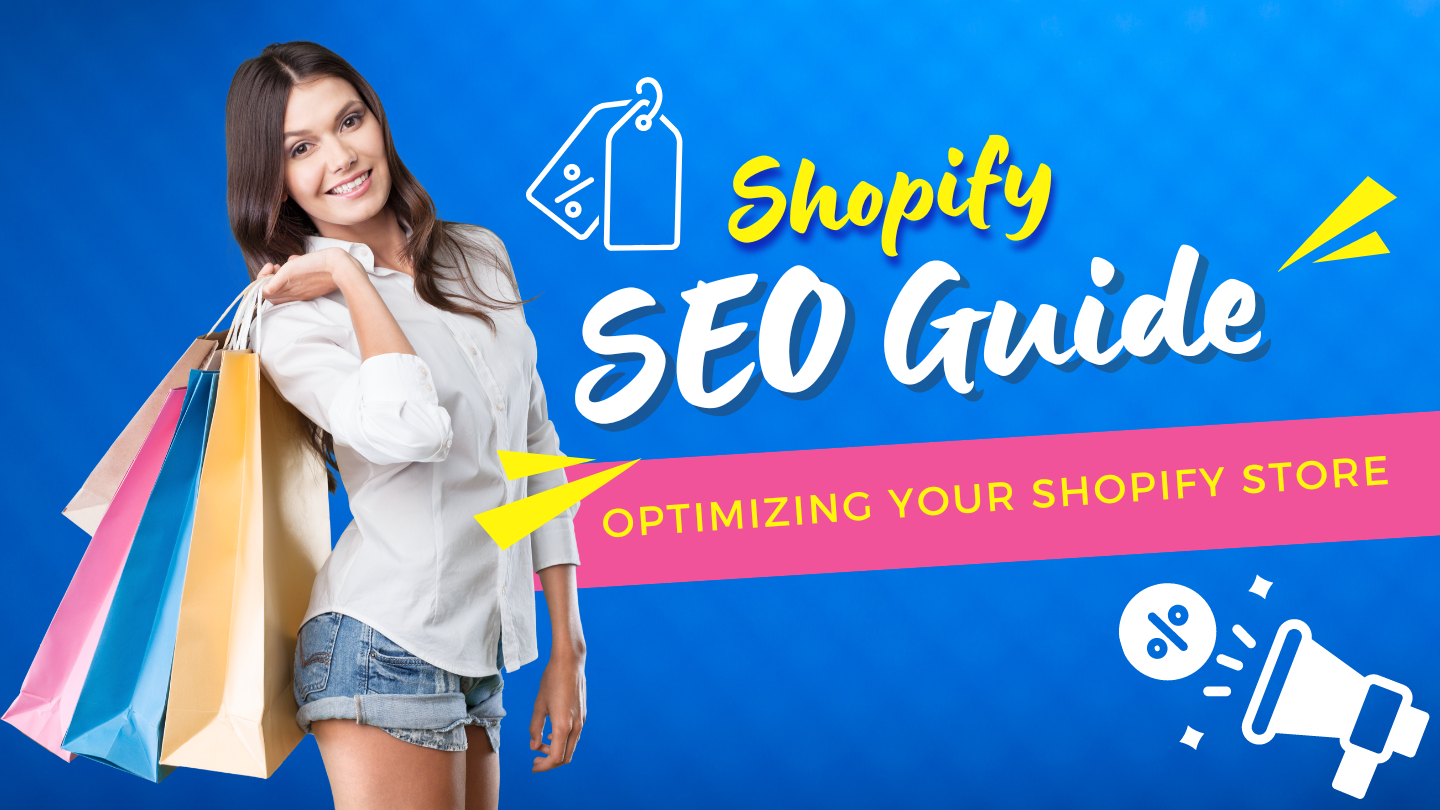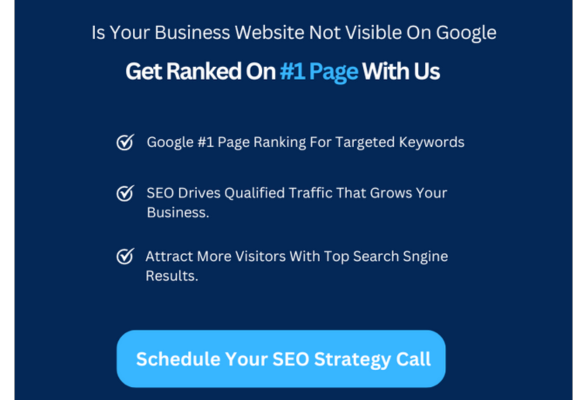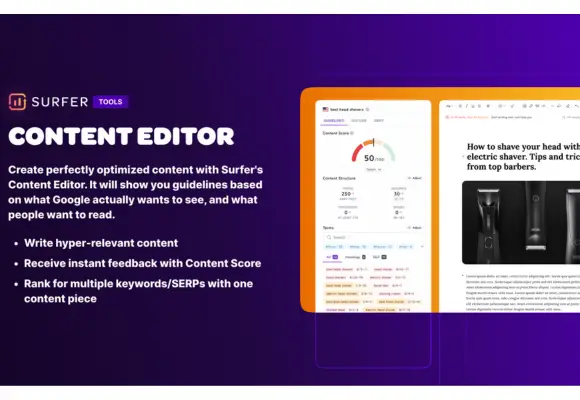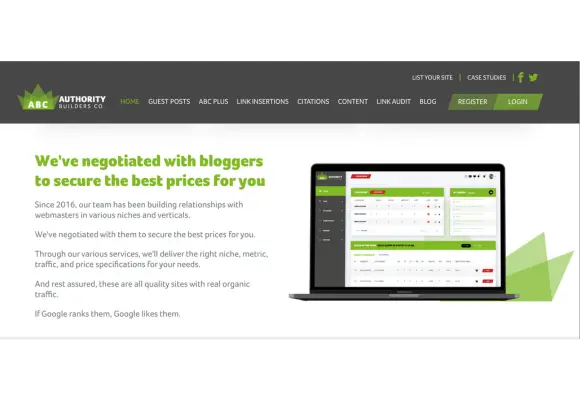Mastering SEO for your Shopify store is crucial for driving traffic and sales. This actionable guide cuts straight to the chase, providing step-by-step instructions on optimizing your site. From technical tweaks to keyword mastery and content optimization, learn how to do SEO for your Shopify store and climb the search engine ranks.
Key Takeaways
- Addressing technical SEO elements such as site speed, mobile compatibility, preferred domain settings, and logical store structure is essential for optimizing your Shopify store and improving search engine visibility.
- Increasing an online store’s organic visibility is crucial. Effective keyword research using tools like Ahrefs and Google Keyword Planner, along with integrating targeted keywords into content, is necessary to achieve this.
- Enhancing on-page SEO factors (meta titles, descriptions, and product images) and utilizing content marketing strategies like blogging and product video reviews are key to boosting search engine rankings and user engagement.
Optimizing Your Shopify Store’s Technical SEO
Technical aspects of your Shopify store can significantly impact your SEO performance. Here are some key technical SEO considerations for your Shopify store:
- Optimize your store for search engine crawlers.
- Ensure your store provides a fast-loading experience for users.
- Make sure your store is compatible with mobile devices.
- Set a preferred domain in Shopify to prevent duplicate content issues.
Addressing these technical aspects can improve your store’s SEO performance and increase your visibility in search engine results.
Designing a logical store structure can have a significant impact on both search engine ranking and user experience. Making the site easier to navigate can greatly improve both aspects. Shopify’s SEO guide advocates optimizing product variants, which can improve search engine rankings and reduce indexing issues. Next, we’ll explore various aspects of technical SEO in more detail.
Preferred Domain Configuration
Choosing the right domain is more than just a matter of branding; it’s a crucial step in optimizing your Shopify store for search engines. Creating a custom domain with your brand name enhances your URL’s memorability, improving online brand visibility and recall.
As a Shopify store owner, you can add a custom domain as the primary one to Shopify. This process also includes verifying the domain’s connected status, which may take up to 48 hours.
Once you set the new primary domain, Shopify will automatically redirect all other owned domains, including the default store domain (your-store-name.myshopify.com), to it.
Ensuring that the content is unique and not repeated across multiple pages or websites is helpful to prevent duplicate content issues for search engines.
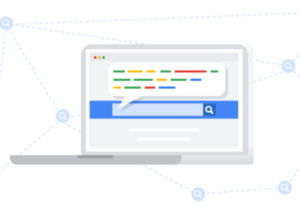
Logical Store Structure
Imagine your Shopify store as a supermarket. Like how a well-organized supermarket makes it easy for customers to find what they need, a logical site structure helps users and search engines find and understand your Shopify store’s pages.
Well-structured, easily navigable websites are indexed more efficiently by search engines, contributing to better ranking in search results pages. Internal linking keeps visitors on your site longer by facilitating the discovery of information and products. On the other hand, orphan pages, which don’t have internal links pointing to them, are challenging for users and search engines to find, affecting the store’s overall accessibility.
Product Variant Optimization
Fine-tuning your product variants is similar to adjusting a musical instrument for the perfect sound. It can significantly improve your product’s visibility in organic search results. In Shopify, product variant pages include a canonical tag pointing to the main product URL by default to prevent duplicate content issues.
Separate product pages are recommended if distinct target keywords can be identified for different variants of the same product.
Moreover, optimizing product variants can leverage long-tail keywords, potentially increasing clicks and giving an edge over the competition. It’s all about making your product shine in the sea of search engine results.
Ready to turn website traffic into sales? Start your free month’s trial ►► https://www.shopify.com/pos/free-trial/sell-retail with Shopify today and see the power of SEO for yourself!
Conducting Effective Keyword Research
Finding the right keywords is like spotting a lighthouse in the dark; it directs your Shopify store toward greater visibility amidst the expansive search engine results. Identifying high-value search terms is the first step in any e-commerce SEO strategy, and it is imperative for increasing an online store’s visibility in SERPs.
Tools such as Ahrefs or Google Keyword Planner can generate keyword ideas, uncover search volumes, examine Amazon’s product menus, and utilize autocomplete predictions. E-commerce keyword research should target a mix of informational and commercial keywords, considering a list of potential keywords and phrases specific to the customers’ likely search terms and encompassing long-tail keywords due to their specificity and high conversion rates.
Integrating targeted keywords into page content with at least 250 words of descriptive text and into blog posts helps improve search engine rankings, thereby increasing organic visibility and traffic to the store.
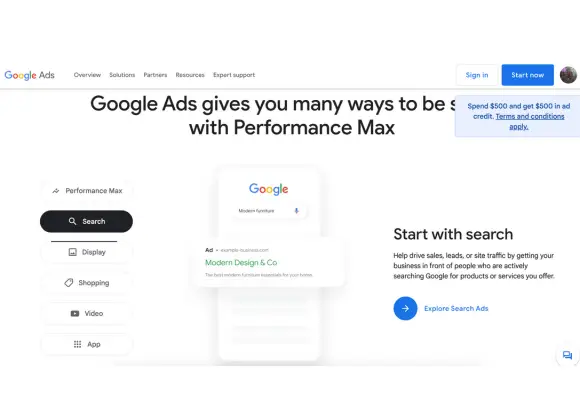
Identifying Target Keywords
Searching for the right keywords resembles fishing; the correct bait is necessary to lure in the desired fish. To conduct keyword research, you can use tools such as:
- Ahrefs’ Keywords Explorer: instrumental in identifying keywords related to products and brands
- SEMRush’s Organic Research: helps analyze a store’s ranking keywords
- SEMRush’s Keyword Magic Tool: helps discover new terms to target
Utilizing tools such as Google Analytics, Google Search Console, and other search engines can play a key role in enhancing your SEO strategy and boosting traffic to your website.
Ideal target SEO keywords are highly relevant to the business, have a significant search volume, and feature a low difficulty score, making them more attainable. When used in product descriptions, a well-chosen target keyword can notably enhance search engine rankings, as targeted long-tail keywords often have higher conversion rates and indicate stronger purchase intent.
Additionally, LSI keywords are closely related variations of the primary keyword and can be discovered through tools like Google Keyword Planner, aiding in comprehensive content optimization for SEO.
Unleash the power of long-tail keywords! Try SEMrush’s Keyword Magic Tool FREE for 14 days ►► https://www.semrush.com/lp/product-keyword-magic-tool-7/en/ and discover hidden gems for your Shopify store
Mapping Keywords to URLs
After identifying your target keywords, the subsequent step involves mapping them to applicable URLs. You can think of this process as drawing a treasure map where you mark the spot with an ‘X’ to find the treasure, which is your product or category pages. The relevancy of product and category pages to the search term is a significant ranking factor in SEO.
Ensuring that relevant product and category pages have URLs that represent the target keywords makes it easier for search engine bots to understand the content of those pages, thereby improving the chances of achieving a higher ranking on the search engine results page.
After mastering keyword research, we can now focus on improving on-page search engine optimization elements.
Enhancing On-Page SEO Elements
Like the spices in a dish, on-page SEO elements enhance the overall flavor of a webpage. They enhance the overall flavor, making it more appealing to the taste buds. Similarly, optimizing on-page SEO elements can make your Shopify store more attractive to search engine bots, ultimately leading to better rankings.
Optimizing metadata in Shopify is crucial for improving SEO because it helps the store:
- Rank higher in search results
- Increase organic traffic
- Provide relevant information
- Become more discoverable to potential customers
Optimizing meta descriptions can improve click-through rates by incorporating target keywords, including a clear call to action (CTA), and keeping the description to 105 characters or fewer. SEO Manager offers over 40 SEO tools, including features for content optimization, bulk editing, and redirects, to help improve the Shopify store’s search engine ranking and increase sales.
Meta Title and Description Optimization
Meta titles and descriptions are like the cover of a book. They give potential readers (or, in this case, potential customers) a glimpse of what to expect if they decide to delve further.
Meta titles on Shopify should:
- Be unique
- Be descriptive
- Include primary target keywords at the start
- Be limited to 70 characters for effective SEO.
Optimizing meta descriptions by including relevant keywords and providing a concise, compelling summary of the page’s content is important for Shopify SEO. Meta descriptions should be unique, employ direct language, include relevant keywords without stuffing, and stay within 320 characters. The SEO Manager app enhances Shopify meta titles and descriptions through features like performance scans, automated templates, and AI-powered keyword suggestions.
Positive reviews from merchants validate SEO Manager’s ease of use for editing meta tags and its effectiveness in tackling broken links and boosting site traffic and Google rankings.
Unique Category and Product Descriptions
Unique product descriptions are like the unique selling proposition of your products. They can improve the ranking of product pages, reduce the risk of thin content penalization, and enhance user experience by offering valuable information.
One must thoroughly understand the product to write informative and helpful product descriptions for potential buyers. Product descriptions should focus on the product’s benefits to the customer and be lengthened to match the buyer’s awareness and product complexity.
Including a clear call to action at the end of the product description helps guide customers toward purchasing.
Image Optimization
Just as a picture is worth a thousand words, optimized images can speak volumes about your products. Descriptive alt text aids search engines with content discovery, enhancing SEO and improving accessibility for visually impaired users.
SEO tools that can help optimize images for a Shopify store include:
- Smart SEO, which automates the task of adding appropriate alt text to images
- Tiny SEO Image Optimize, Speed, which compresses images to improve loading times and enhance SEO
- SEO Ant, which optimizes image sizes and has AI features for generating meta and alt text, contributing to overall store SEO.
Moving forward, we will examine the potency of content marketing.
Craft SEO-winning content in minutes! Try Surfer’s AI writing assistant FREE for 7 days ►► https://get.surferseo.com/HowToSEO and see the difference.
Implementing Content Marketing Strategies
Content marketing resembles the art of storytelling. It lets you weave a narrative around your products, attracting more customers and improving your Shopify store’s SEO. Content planning should consider keywords with various search volumes and difficulties, enabling a balanced approach for immediate and sustainable SEO success.
Blogging can significantly enhance a Shopify store’s SEO by focusing content around precise keywords that align with the audience’s search intent and questions, thereby improving the store’s search credibility and visibility. Creating high-quality blog content with tools like the SEO Writing Assistant, which helps in keyword usage, reading ease, and originality, can ensure adherence to SEO best practices for Shopify stores.
Blogging for Search Traffic
You can equate blogging to conversing with your customers. It allows you to share valuable information, answer their queries, and build a strong relationship. Shopify store owners should identify and create blog posts on topics actively searched for by potential customers.
Integrating customer success stories in the store’s blog can reinforce the value proposition of products and instill trust among readers. Blog articles, including calls to action, can encourage readers to purchase or engage more deeply with the store’s products or content.
Promoting the store’s blog posts on various social media platforms can broaden its audience, attracting potential customers.
Product Video Reviews
Product video reviews serve as virtual product demonstrations. They allow customers to:
- See the product in action
- Increase credibility and user engagement
- Provide a dynamic, engaging element that enhances user experience on a Shopify store.
Featuring outstanding video reviews on Shopify websites and social media motivates customers to share their experiences. Moreover, product review videos contribute to improved SEO and increased customer attraction. Next, we’ll examine how to construct quality backlinks.
Turn happy customers into brand advocates! Boost trust and sales with Stamped.io’s review platform – Try it FREE for 14 days ►► https://get.stamped.io/HowToSEO
Building Quality Backlinks
Constructing quality backlinks can be compared to building bridges. It connects your Shopify store to other relevant and authoritative websites, improving your store’s search engine rankings and domain authority. Building quality backlinks can help Google recognize your Shopify store’s authority faster and improve search engine rankings.
Link building is crucial for SEO as it signals to search engines the reputation and worthiness of your site to be ranked. One of the best approaches to building links for Shopify stores is to focus on partnerships and create content that provides value to other websites. Help a Reporter Out (HARO) is a platform that allows website owners to connect with journalists for backlink opportunities. This way, your expertise or resources can be used as a source for their stories.
Competitor Link Analysis
You can liken competitor link analysis to closely observing your competitors. It helps you understand their SEO strategies and uncover sources of high-quality backlinks.
Identifying competitors’ backlinks provides insights into their SEO strategies and potential partnership opportunities. Creating better content or resources than competitors can lead to gaining backlinks from sources identified in their link profiles. Replicating competitors’ backlink success involves targeting similar high-quality backlink sources.
Stop wasting time on internal linking! Boost your SEO by automatically suggesting relevant links within your content with Link Whisper ►► https://linkwhisper.com/ref/2358/

Guest Posting
Guest posting is similar to being a guest speaker at a conference. It allows you to share your knowledge with a new audience, building backlinks and credibility. Guest blogging is a strategic way to build backlinks to your Shopify store.
Publishing guest posts on popular websites can help you reach a wider audience beyond your existing customer base. Securing product reviews through bloggers or influential authors can drive high-quality, targeted traffic to your website.
Creating Linkable Assets
Creating linkable assets is analogous to creating magnets. They attract backlinks, providing value to other websites and improving your SEO. Creating linkable assets such as research studies and free tools can significantly boost a Shopify store’s SEO efforts.
High-quality research studies that present new data or insights can naturally attract backlinks, enhancing the store’s domain authority and search visibility. Providing free tools that are valuable to the target audience encourages users to link to the Shopify store, potentially improving ranking and traffic. Tools such as size calculators or product recommendation quizzes engage users more deeply, increasing sharing and backlinking.
Next, we’ll uncover some of the top Shopify SEO tools and apps.
Level up your backlink strategy! Get expert help & secure high-quality backlinks with Authority Builders. Create Your Account ►► https://authority.builders/apply/d6pc984369
Utilizing Shopify SEO Tools and Apps
Shopify SEO tools and apps serve as your personal SEO assistants. They automate various processes, saving time and effort and optimizing your store for search engines. Shopify apps for SEO can automate various processes and optimize the store for search engines.
The Avada SEO plugin helps e-commerce stores with features such as:
- Image compression
- Site speed optimization
- Schema markup
- Other technical SEO tools
Next, we’ll explore some of the most popular Shopify SEO tools.
SEO Manager
SEO Manager functions like an expert conductor orchestrating an orchestra, coordinating all elements of your Shopify store’s SEO strategy. Since 2012, SEO Manager has had a trusted reputation for following Google’s best practices in SEO efforts.
SEO Manager allows users to:
- Add or edit Shopify meta titles and descriptions from the ‘Products and online stores’ menu under ‘all products’ in the Shopify admin
- Access a suite of tools, including an SEO checklist, that can help improve your store’s search engine ranking
- Increase sales
Smart SEO
Smart SEO functions as a Swiss army knife, bundling multiple tools to simplify on-page SEO optimization for Shopify store owners. Smart SEO simplifies on-page SEO optimization for Shopify store owners.
The app aids in optimizing product meta-descriptions, contributing to elevated search engine rankings. Smart SEO enhances store visibility and organic traffic from search engines like Google, Bing, and Yahoo.
Ahrefs Webmaster Tools
Ahrefs Webmaster Tools function as a high-powered telescope, providing a clear view of your SEO landscape. Use Ahrefs to research long-tail keywords, as they tend to have a higher click-through rate than generic searches.
Use Ahrefs to run regular site audits to discover and rectify technical SEO problems that may negatively impact your Shopify store’s search engine visibility. Ahrefs’ capabilities also allow you to perform in-depth competitor analysis to understand their SEO strategy and identify opportunities for your Shopify store.
Summary
SEO for your Shopify store is not just about implementing a few techniques; it’s about creating a holistic strategy that improves your store’s visibility, drives organic traffic, and increases sales. From optimizing your store’s technical SEO and conducting effective keyword research to building quality backlinks and utilizing Shopify SEO tools, each step is crucial in crafting a successful SEO strategy. So, are you ready to embark on your SEO journey and turn your Shopify store into a magnet for organic traffic?
Frequently Asked Questions
Why is SEO important for my Shopify store?
SEO is important for your Shopify store because it enhances visibility in search results, drives organic traffic, and boosts sales.
How can I optimize my Shopify store’s technical SEO?
To optimize your Shopify store’s technical SEO, ensure you set a preferred domain, create a logical store structure, and optimize product variants. These steps can help improve your store’s search engine visibility and performance.
What are some effective keyword research strategies for my Shopify store?
To conduct effective keyword research for your Shopify store, use tools like Ahrefs or Google Keyword Planner to find high-value search terms. Target a mix of informational and commercial keywords and include long-tail keywords for their specificity and high conversion rates.
How can I enhance on-page SEO elements for my Shopify store?
To enhance on-page SEO for your Shopify store, focus on optimizing meta titles and descriptions, create unique category and product descriptions, and optimize images. Optimizing your store’s search engine can enhance its visibility and help increase organic traffic.
What are some ways to build quality backlinks for my Shopify store?
To build quality backlinks for your Shopify store, consider conducting competitor link analysis, guest posting on relevant websites, and creating linkable assets like research studies and free tools. These strategies can help improve your site’s online visibility and credibility.

